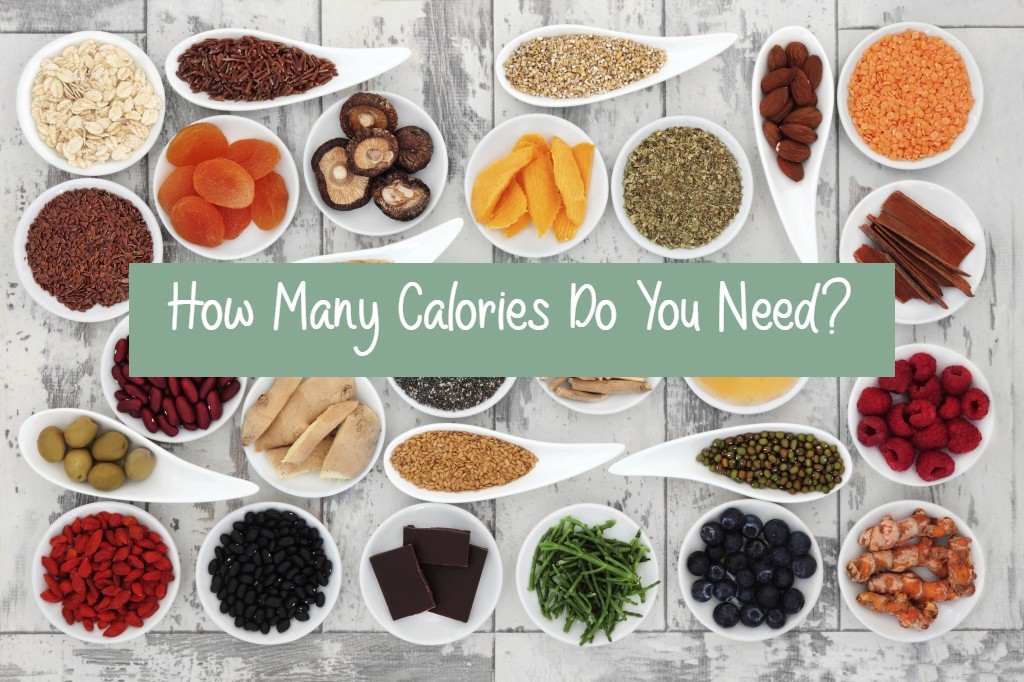How many calories do you need? And what is a calorie? A calorie is the amount of energy needed to raise the temperature of 1 gram of water by 1 degree celsius. Basically, it is a measurement of energy. Calories consumed to calories needed = weight gain, loss, or maintenance. What is the basal metabolic rate (BMR)? It is the number of calories, or energy, needed to keep your body functioning while at rest. Next, to determine the number of calories each person needs you must consider physical activity and the thermal effect of food, otherwise known as the amount of energy required to digest, absorb, and excrete nutrients. This is known as your total energy expenditure (TEE) aka total calorie needs.
But what actually determines your calorie needs? From a basic clinical standpoint, calorie needs are calculated using gender, height, current weight, age, and physical activity. Now to determine if it is enough or not, a dietitian may record your intake and see what your weight does. Sometimes this means increasing needs and sometimes this means decreasing needs.
First, how do these four factors determine caloric needs? The taller you are the more calories you need — makes sense as you have a larger body to fuel. The more you weigh the more calories you need to maintain that weight. Age directly affects calorie needs as well. Individuals at a younger age require more energy, thus as you age, caloric needs decrease. Now for gender, sorry ladies, but males require more calories than females to maintain a normal weight. Physical activity can be incredibly variable. Increased physical activity means increased caloric needs! These factors all seem to theoretically make sense.
Not everyone of the same gender, height, weight, age, and physical activity require the same amount of energy. But why? First, you may ask yourself why are you telling me this? And that is because I often hear “I’m not losing weight when my friend is on the same diet, I exercise more, and she is losing more weight than me.” That’s because each person’s weight is not determined just by food or the calories you consume. There are many other factors such as genetics, hormones, stress, sleep, body composition, etc., To put into perspective body composition I want you to imagine two people who are the same gender, height, weight, and age. Now, do they look the exact same? No. Some individuals have higher muscle mass. The more muscle mass the more calories you need to maintain weight and vice versa. Based on genetics, our bodies store and utilize nutrients differently — thus we look differently! Stress, mental or physical, can dictate calorie needs. Individuals with a physical illness or disease may need higher or lower caloric needs. For example, individuals with cystic fibrosis require double the amount of calories than their “healthy” counterparts just to maintain weight. Whereas, individuals with down syndrome require lower calories to maintain weight. On a lesser scale, say you have a fever, your energy needs to increase as your body is working hard to fight off an illness. In addition, individuals with chronic stress may have increased cortisol hormone levels which may increase appetite, thus weight gain. In addition to cortisol, you probably have heard of thyroid hormones. Some people have an overactive thyroid, hypermetabolism, whereas others may have an underactive thyroid, hypometabolism. There are other hormones at play as well. In addition, sleep affects body weight as studies have shown that lack of sleep is associated with weight gain.
Why as a society are we always blaming food for our body shape/size? Because it is easy to place the blame on food, especially when all we hear is diet, diet, diet. Each person’s weight/body shape/size is so much more than just the food you eat. Rather than restricting your diet or avoiding certain foods remember that it is more than just the food.
Emily Baum, M.S., RDN, LD



